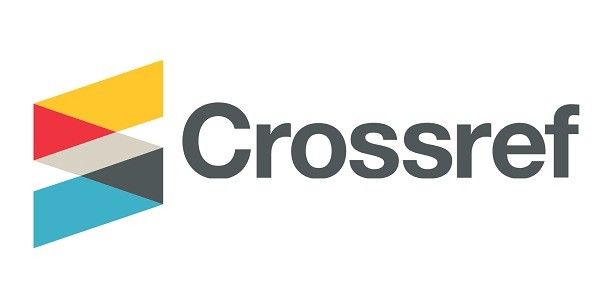The effectiveness of a psychological and recreational sports guidance program in reducing negative thinking among third-grade middle school students
DOI:
https://doi.org/10.58305/ejsst.v14i54.537Keywords:
Guidance program - psychological, recreational - sports, negative thinkingAbstract
The problem of this study crystallized and through the experience of researchers and their practice as physical education teachers and supervisors of many college students in the field application subject in middle schools, we noticed this problem among students, so we are trying to delve into this problem. Despite the density of studies and theoretical research, there are still many solutions that researchers believe in the process of solving these practices to reduce the level of negative thinking by designing a psychological and recreational sports guidance program, and it was The objectives of the research are to prepare a scale of negative thinking among third-grade middle school students in the center of Babylon Governorate and to identify the level of negative thinking among students and to prepare and implement a psychological and recreational sports guidance program to reduce this phenomenon among students and to identify the effectiveness of the program. The researchers used the descriptive approach using the survey method and comparative studies in measuring negative thinking among students. The researchers also used the experimental approach using the equivalent groups method in the follow-up phase to measure negative thinking on (60) high school students, who were divided into two groups with (30) students for each group who were selected from the school's departments randomly. The researchers concluded that the psychological and recreational sports guidance program has a clear effect in reducing negative thinking among third-grade middle school students.










